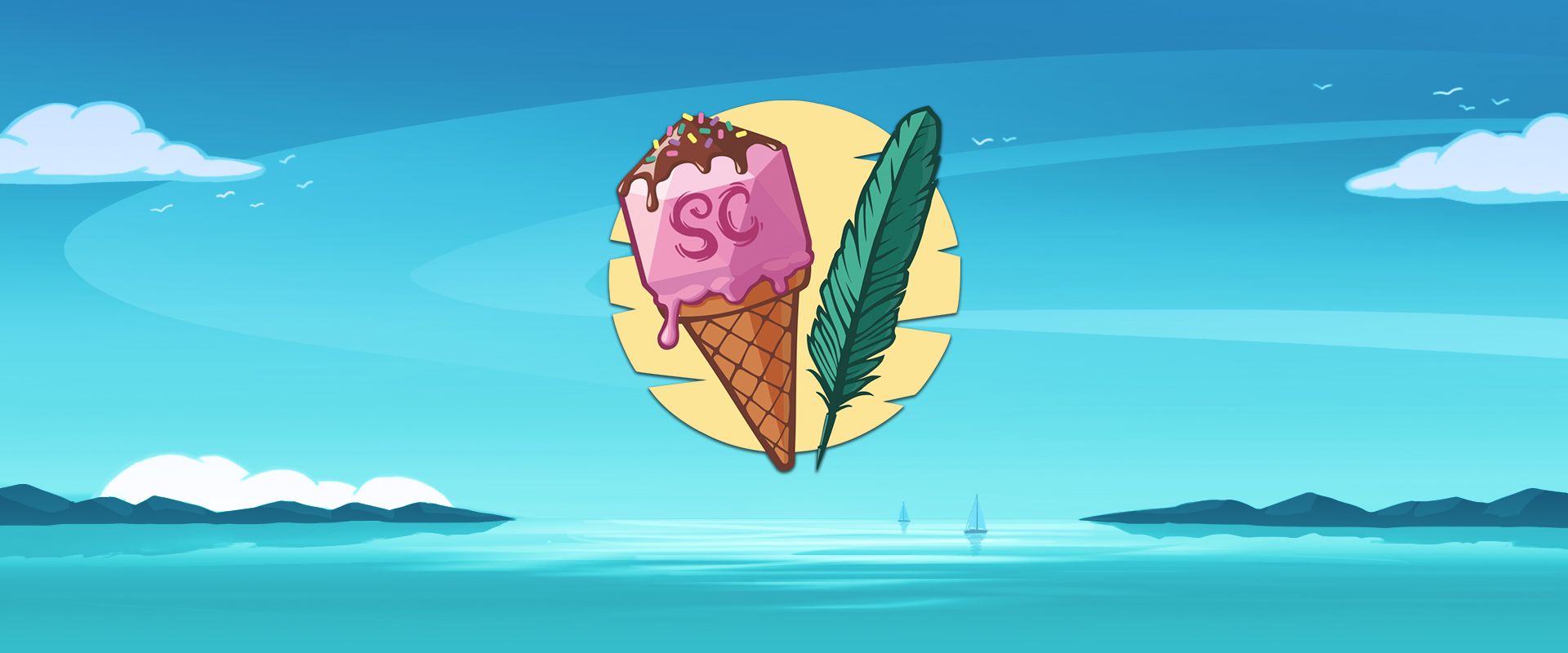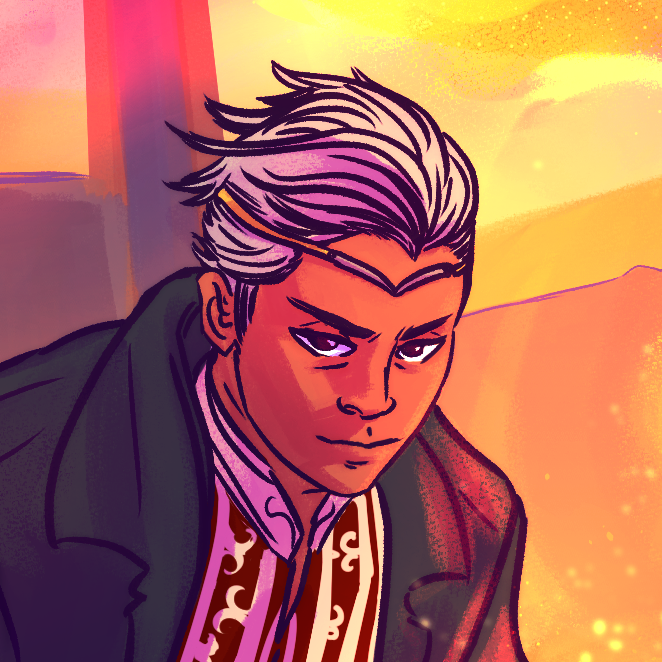Üliba Owo (/uˈliba ˈowo/)
The Üliba Owo (Lüota: Sacred Journey) is an important spirtual practice in the ancient halfling religion of Imire. It is a prayer in which movement plays a central role. In fact, there are no other universally agreed-upon components of a proper Üliba Owo. The only thing that matters it that you are moving, or that you are located in or upon a person, animal, or vehicle which is moving on your behalf.
The Goal
The aim of the practice is to center one’s self and to contemplate one’s readiness to receive the Sea Mother’s Promise. And because of the halflings’ love of movement, migration, and exploration, it was long ago decided that the best way to be mindful was to be on the move. But the nature of said movement is up to the individual practioner, whether that movement is a leisurely stroll along the beach, a thrilling ride across the waves, an ecstatic dance, or something else entirely.
The Ritual
One may begin an Üliba Owo from a place of stillness or while already in the midst of moving. What matters is the intent to lose one’s self so entirely in the present moment that the burdens of the past and the shackles of the future are erased—however briefly. Once you find yourself good and lost in your thoughts, then you may begin the next part of the ritual.
For many, this involves a recitation of the six conditions of the Sea Mother’s Promise and a reflection on where one stands right now in their adherence to the conditions. If you find yourself dwelling too much on your past adherence or how much better you might be in the future, the expectation is that you return to the beginning of the ritual.
There is no set expectation on how far one should travel or how long one should travel before considering an Üliba Owo complete. Many expect themselves to contemplate all six conditions before calling it quits, but many others consider that expectation to be antithetical to the whole process. Those folks just stop when they’re tired, or when they have something else to do.
Frequency
The frequency with which the tradition is observed varies widely. Some practioners feel incomplete if they don’t take an Üliba Owo at least once per week, while others can months or even years without engaging in the practice. The only expectation, unless otherwise stated by a Püroki, is that you do what’s best for you.






This is such a nice practice. I like that it's so able to be catered to an individual's desires or needs. As someone who needs a wheelchair a lot, I wouldn't be able to do it by walking or dancing. I like the idea of doing this on a train whilst listening to the sound of the rails.
Explore Etrea | March of 31 Tales
Thank you for reading! Do you think I could be more inclusive of folks requiring wheelchairs or other mobility aids? Maybe explicitly adding it to the list at the end of the first paragraph?
I got inclusivity implicitly from the wording, but if you want to make it more explicit I don't think that'd hurt the article. :)
Explore Etrea | March of 31 Tales